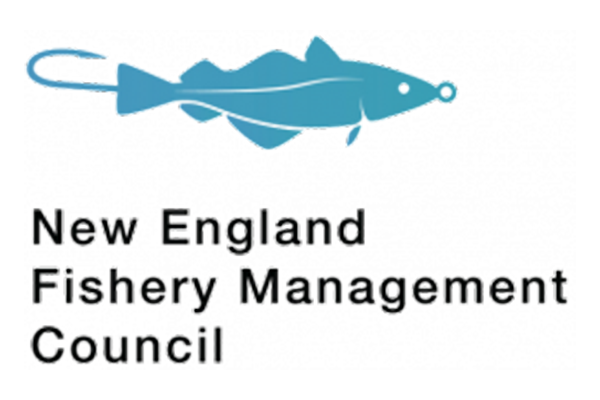Evaluating Alternative Harvest Control Rules for New England Groundfish
Identifying the most robust harvest control rules.
The New England Fishery Management Council (NEFMC) initiated a groundfish harvest control rule review so that fishery management can be sure they are prescribing the actions that are best suited for their respective fisheries and stocks, with the goal of improving groundfish management. We propose to use a management strategy evaluation (MSE) model framework to simulation test the performance of a range of alternative harvest control rules for the groundfish fishery and identify best practices in support of the NEFMC effort.
Project Objectives:
- Develop of a suite of groundfish operating models that span a range of conditions.
- Generate retrospective patterns through the mis-specification of operating and estimation models.
- Design and simulation test alternative harvest control rules.
- Provide information that can help managers evaluate tradeoffs and identify harvest control rules that are robust to a range of uncertainties.
A harvest control rule is a prescribed management action developed in response to stock status assessments. The New England Fishery Management Council (NEFMC) manages groundfish stocks through the Northeast multispecies groundfish fishery management plan (FMP). That plan defines the harvest control rule used to determine the Acceptable Biological Catch (ABC) for each groundfish stock. Because the harvest control rules result from stock assessments, it's crucial that these assessments are accurate, but updated retrospective stock estimates have generated a level of uncertainty in the assessment process that have put the current harvest control rule, implemented in 2010 through Amendment 16, into question.
Additionally, the current harvest control rules in place, as well as any alternatives, have not been simulation tested. This, combined with policy and management applications since 2010 suggest that the current harvest control rules should be reevaluated to determine if they are still consistent with best practices.
In response to the issues emerging about current harvest control rules, the NEFMC has initiated a groundfish harvest control rule review so that fisheries management can be sure they are prescribing the actions that are best for their respective fisheries and stocks.
We used a management strategy evaluation (MSE) model framework to simulation test a range of alternative harvest control rule performances within the groundfish fishery. Through an MSE approach, we used simulation modeling to test the performance of alternative fisheries management procedures by developing models of the entire fishery resource system — including the fish, fishery, stock assessment, and management process. This will help us to identify possible outcomes and tradeoffs of current and alternative harvest control rules before we actually implement them on the water. MSE is a powerful tool for developing management strategies for fishery resources that are robust to uncertainties about the fish-fishery-management system.

Final Report
Our final report includes findings on how alternative HCRs performed in various scenarios, including when stocks are overfished compared to not overfished.
Project Team
-
![This is the staff photo for lisa kerr]()
-
![This is a portrait of a man smiling.]()
Steven Cadrin, Ph.D.
Professor
University of Dartmouth
-
![A woman smiles for the camera in a grey pullover while holding a black camera.]()
-
![The staff photo of Jerelle Jesse]()
Project Sponsor
This project is generously supported by the New England Fisheries Management Council (NEFMC).
Read Next
-
![Reaching Resilience: Climate Services for Gulf of Maine Communities]()
Reaching Resilience: Climate Services for Gulf of Maine Communities
What resilience looks like in Portland might be different than what it looks like in Tremont, but our Climate Center team provides cities and towns …
Perspectives
-
![Gulf of Maine Warming Update: Winter 2023–24]()
Gulf of Maine Warming Update: Winter 2023–24
Over the past decade, scientists have led a body of research that highlights the rapid pace of warming in the Gulf of Maine. To help …
Reports
-
![National Climate Assessment Contributions]()
National Climate Assessment Contributions
In late 2023, four scientists from Maine played significant roles in shaping The Fifth National Climate Assessment (NCA5).
Tidings
-
![Introducing Gulf of Maine Tastemakers]()
Introducing Gulf of Maine Tastemakers
In early 2024, we launched our Gulf of Maine Tastemakers program, which consists of businesses and institutions that are committed to putting local seafood front …
Tidings




